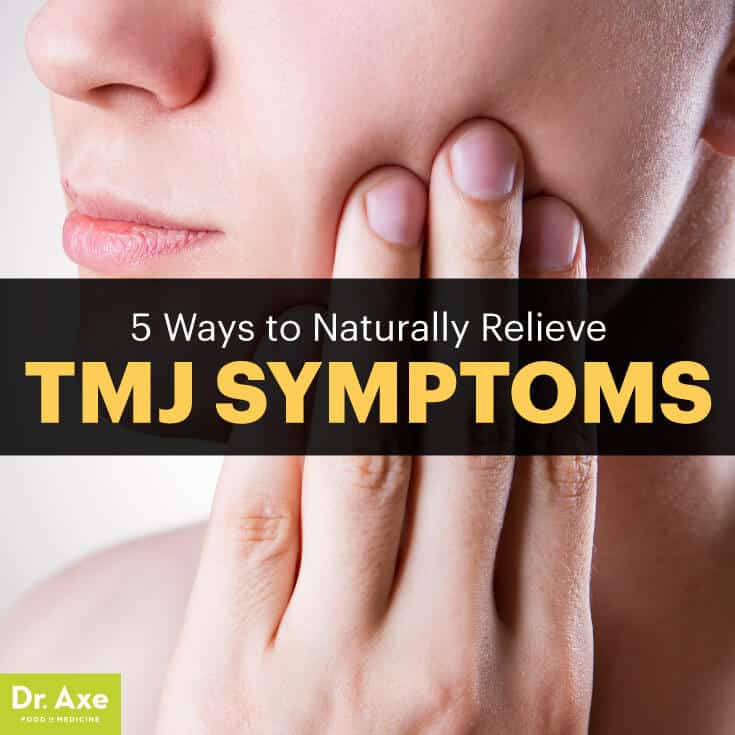12+ Ear Pain Remedies For Tmj Relief

Ear pain can be a debilitating symptom, and when it’s related to Temporomandibular Joint (TMJ) disorders, it can be particularly challenging to manage. The TMJ connects the jawbone to the skull, and any dysfunction in this joint can lead to a range of symptoms, including ear pain, jaw clicking, and difficulty chewing. If you’re experiencing ear pain due to TMJ, it’s essential to understand the underlying causes and explore effective remedies to find relief.
Understanding TMJ-Related Ear Pain
Before diving into the remedies, it’s crucial to comprehend how TMJ disorders can cause ear pain. The TMJ is located near the ear, and the nerves that supply the joint also innervate the ear. When the TMJ becomes inflamed or irritated, it can radiate pain to the surrounding areas, including the ear. Additionally, the eustachian tube, which regulates air pressure in the ear, can become blocked due to TMJ dysfunction, leading to ear pain and fullness.
Remedies for TMJ-Related Ear Pain
Here are 12+ ear pain remedies that can help alleviate TMJ-related discomfort:
- Jaw Exercises: Gentle jaw exercises, such as opening and closing the mouth or moving the jaw from side to side, can help relax the muscles and reduce tension in the TMJ.
- Heat or Cold Therapy: Applying heat or cold packs to the affected area can help reduce pain and inflammation. Some people find that heat therapy, such as a warm washcloth or heating pad, provides relief, while others prefer cold therapy, like an ice pack or cold compress.
- Over-the-Counter Pain Relievers: Pain relievers, such as ibuprofen or acetaminophen, can help manage ear pain and reduce inflammation.
- TMJ Splints: A custom-made splint or mouthguard can help redistribute the forces of the bite and reduce pressure on the TMJ.
- Massage Therapy: Massaging the affected area, including the jaw, neck, and shoulders, can help relax tense muscles and improve blood flow.
- Relaxation Techniques: Stress can exacerbate TMJ pain, so practicing relaxation techniques, such as deep breathing, meditation, or yoga, can help manage stress and reduce discomfort.
- Dietary Changes: Eating soft, easy-to-chew foods and avoiding hard or crunchy foods can help reduce strain on the TMJ.
- Physical Therapy: A physical therapist can help you develop a personalized exercise program to improve jaw mobility and strength.
- Acupuncture: This ancient practice involves inserting thin needles into specific points on the body to stimulate healing and pain relief.
- Ear Drops: Certain ear drops, such as those containing anesthetics or anti-inflammatory agents, can help numb the area and reduce pain.
- Transcutaneous Electrical Nerve Stimulation (TENS): TENS therapy involves applying a small electrical current to the affected area to interrupt pain signals to the brain.
- Cognitive Behavioral Therapy (CBT): CBT can help you develop coping strategies and address any underlying emotional or psychological factors contributing to your TMJ pain.
Additional Remedies
In addition to these remedies, some people find relief from TMJ-related ear pain using:
- Essential Oils: Certain essential oils, such as peppermint, eucalyptus, or lavender, can be applied topically or inhaled to help reduce pain and inflammation.
- Herbal Supplements: Herbal supplements, such as turmeric or ginger, have anti-inflammatory properties that may help alleviate TMJ pain.
- Chiropractic Care: Chiropractic adjustments can help realign the jaw and surrounding structures, reducing pressure on the TMJ.
What are the most common causes of TMJ-related ear pain?
+The most common causes of TMJ-related ear pain include jaw misalignment, teeth grinding or clenching, poor posture, and stress. Other factors, such as injury or trauma to the jaw, can also contribute to TMJ pain.
How can I prevent TMJ-related ear pain from occurring in the first place?
+To prevent TMJ-related ear pain, practice good oral hygiene, avoid chewing gum or hard foods, and manage stress through relaxation techniques. Regular exercise, a balanced diet, and maintaining a healthy weight can also help reduce the risk of developing TMJ disorders.
What are the benefits of seeking professional help for TMJ-related ear pain?
+Seeking professional help from a dentist, physical therapist, or other healthcare professional can provide personalized guidance and treatment, helping you manage TMJ-related ear pain and prevent future episodes. A professional can also help you develop a comprehensive treatment plan, addressing underlying causes and promoting overall oral health.
Conclusion
Ear pain related to TMJ disorders can be a challenging and frustrating condition to manage. However, by understanding the underlying causes and exploring the various remedies outlined above, you can find relief and improve your overall quality of life. Remember to consult with a healthcare professional to determine the best course of treatment for your specific needs and to rule out any underlying conditions that may be contributing to your ear pain. With patience, persistence, and the right approach, you can overcome TMJ-related ear pain and achieve lasting relief.